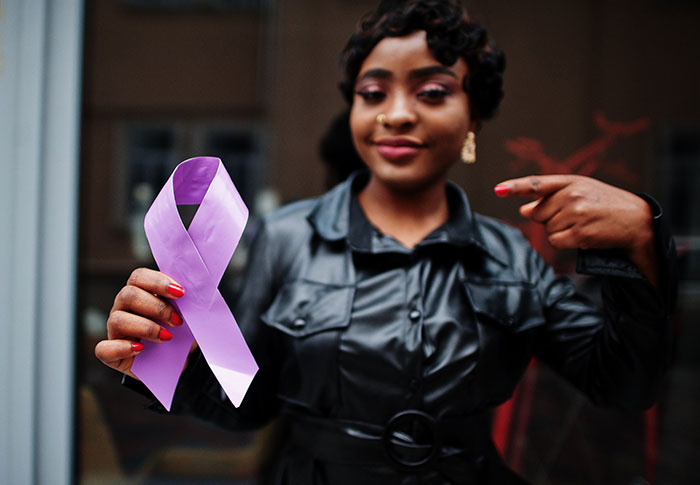This article written by the American Cancer Society, published February 14, 2022
For decades, lung cancer has been the leading cause of death from cancer for both Black and White men and women. However, as of 2019, breast cancer became the leading cause of cancer death for Black women.
This shift is because of steep declines in the number of lung cancer deaths in recent years due to reductions in smoking, earlier diagnosis, and advances in treatment.
Although the breast cancer death rate is also falling steadily (by a little more than 1% per year since 1995), the number of breast cancer deaths continues to rise because of the aging and growth of the population.
These are some of the key findings in Cancer Facts & Figures for African American/Black People 2022-2024, the consumer-friendly companion of the study “Cancer Statistics for African American/Black People, 2022,” published in the American Cancer Society (ACS) journal CA: A Cancer Journal for Clinicians. ACS researchers, including Angela Giquinto, MSPH, and Rebecca Siegel, MPH, update these publications every 2 to 3 years to keep tabs on progress and monitor inequalities in new cancer cases (incidence), deaths, survival, screening, and risk factors.
The Black population is the third largest racial/ethnic group in the United States (after White and Hispanic people). It includes African Americans, whose ancestors were brought to the US involuntarily as slaves; Caribbean Americans; and recent immigrants of African descent. Black people are more likely to die from most cancers and to live the shortest amount of time after a cancer diagnosis than any other racial/ethnic group.
Cancer is the second-leading cause of death in both Black and White people, after heart disease. The overall Black-White cancer disparity is slowly narrowing, mostly due to a steeper reduction in cigarette smoking by Black people than by White people in the 1970s and 1980s. This has resulted in a faster decline in lung and other smoking-related cancers among Black people.
A more rapid decline in prostate cancer mortality among Black men has also contributed to the decreasing overall disparity. However, the gap for many common cancers, including breast cancer, remains wide. Black women are 41% more likely to die from breast cancer than White women, despite being less likely to be diagnosed with it.

